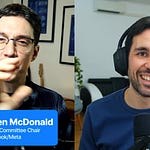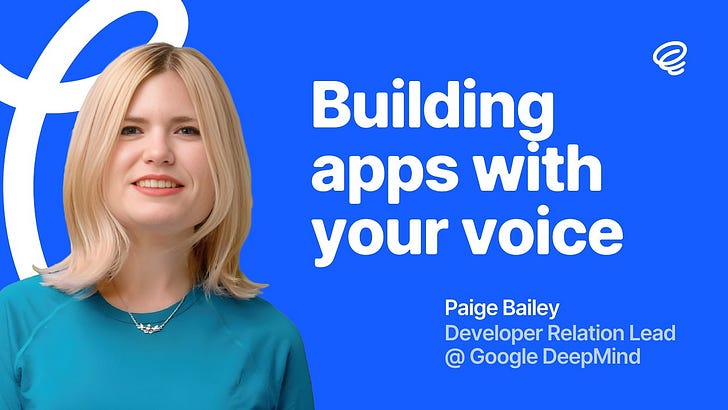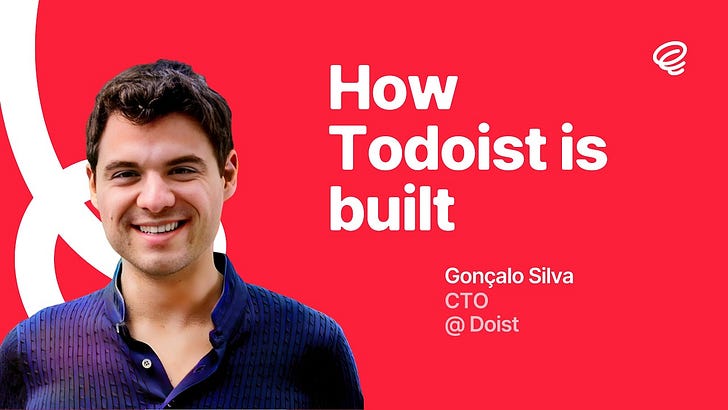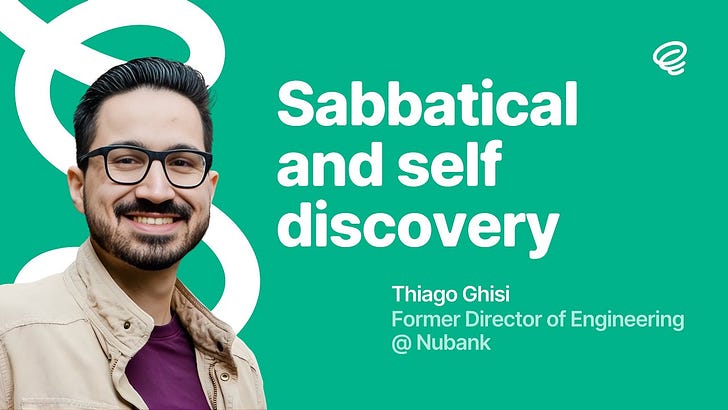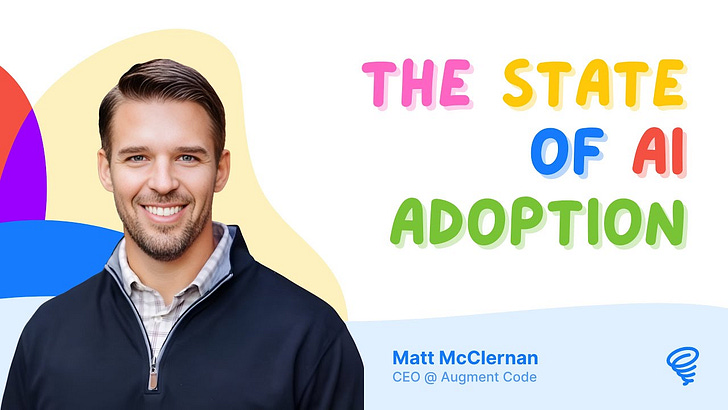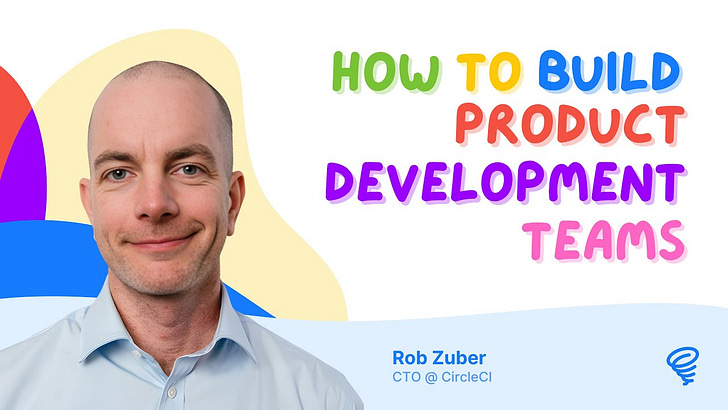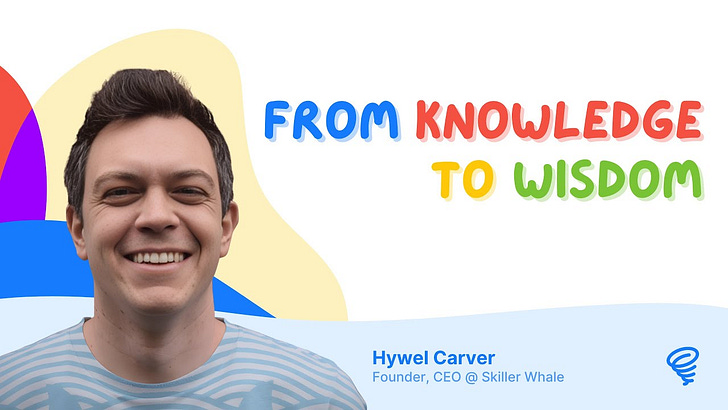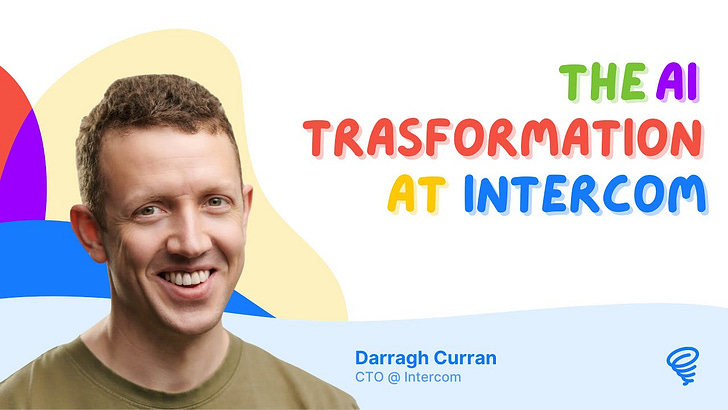Today's guest is Aditya Agarwal.
Aditya was Facebook’s 10th employee and, later, CTO at Dropbox. Today, he is a partner at South Park Commons, through which he has invested in more than 300 companies.
With Aditya we talked about early stage Facebook, differences and similarities with Dropbox, engineering teams in hypergrowth and the future of engineering management.
🎙️ Episode
You can watch the full episode on Youtube:
Or listen to it on Spotify, Apple, Overcast, or your podcast app of choice.
🥇 Interview Summary
If you are a 🔒 paid subscriber 🔒 you will find my own summary of the interview below.
It’s the 10-minute, handcrafted takeaways of what we talked about, with timestamps to the relevant video moments, for those who don’t have time to sit through the 1-hour chat.
Here is the agenda for today:
👥 Early Stage Facebook
🎨 The Value of Generalists
📦 Dropbox vs Facebook
🚀 The Challenges of Hypergrowth
🔮 The Future of Engineering Management
🍻 South Park Commons
Let’s dive in 👇
1) 👥 Early Stage Facebook (video)
Aditya met Mark Zuckerberg through mutual friends, and joined Facebook as a fresh CS graduate, only after a short six-month stint at Oracle.
Facebook was not even a company back then — Aditya joined as employee #10 — and what sealed the deal for him was the idea of working at a fast pace with this set of brilliant people, on a fun problem.
Aditya had zero experience in building anything that Facebook needed, but he was open to learn anything he needed for the job. When Zuckerberg asked him to build the social network’s search engine, Aditya told him he didn’t know how to do it, to which Zuck replied “I didn’t know how to build Facebook either”.
Moving fast and breaking things 💥
For many years Facebook had this culture of moving fast and breaking things, which meant shipping things to production every day, multiple times a day, with zero or very few tests.
While this attitude was beneficial to getting the product faster in the hands of users, Aditya believes they could afford to be reckless because Facebook was never a critical product in people’s lives — if a page didn’t load, you would just retry later.
Developer experience 🔨
What Facebook immediately invested in, instead, was a great developer experience. Engineers needed to have the tools to move fast, and new hires had to be able to ship code to production within 24 hours.
This required an intentional investment in developer tools, maintaining a backlog of tasks for first-timers, and keeping the tech stack easy.
2) 🎨 The Value of Generalists (video)
Early engineers at both Facebook and Dropbox were mostly generalists.




